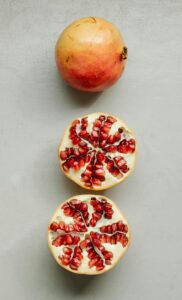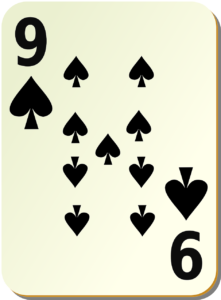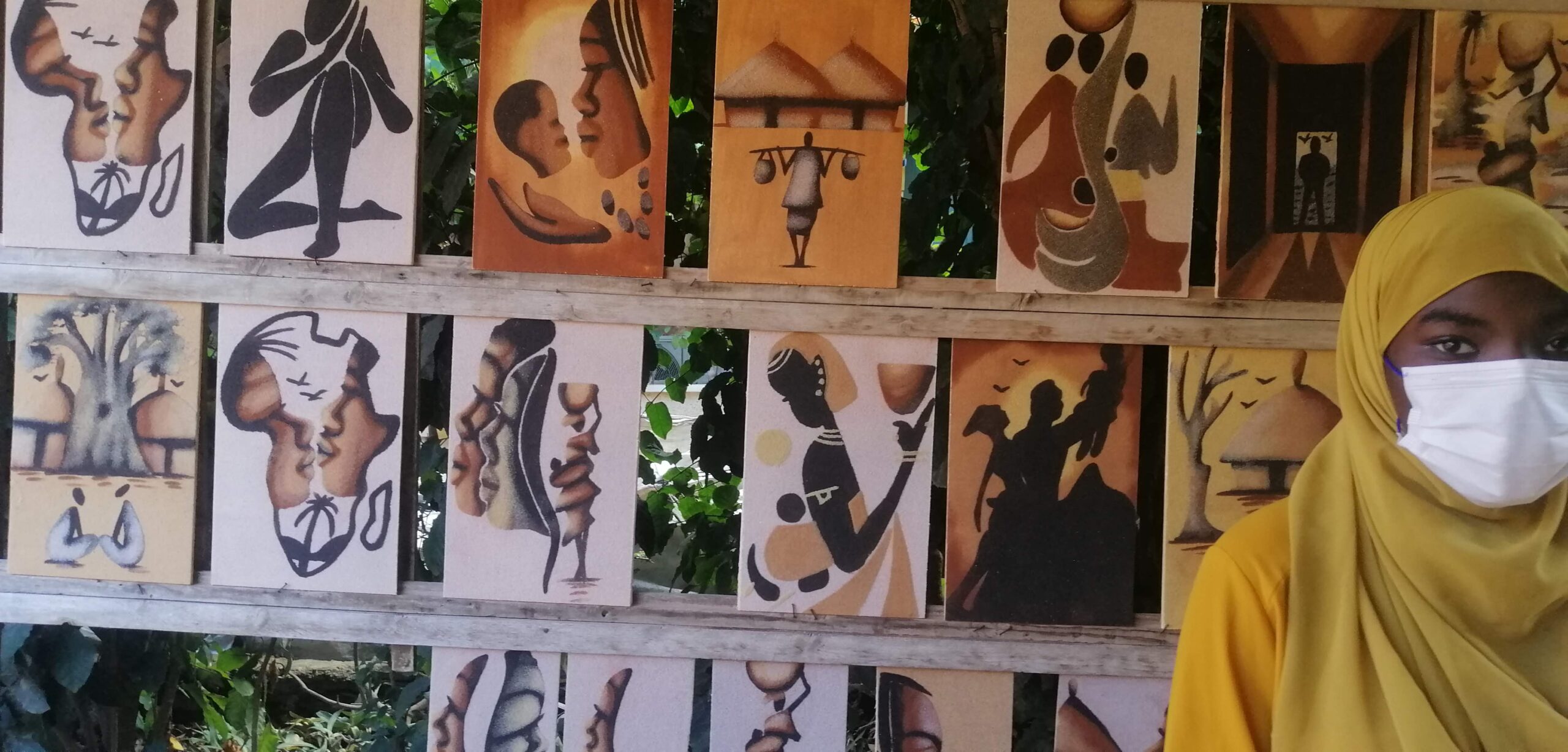“What is that?” I asked her while pointing to the carton of fruits
“Lychee” she said.
“How does it taste? I enquired further
“It is very sweet” she responded as she picked more into her paper bag.
Inside the Mediterranean shop, I quickly picked up a handful and tossed it into my shopping basket. If this teenage girl says it is sweet then I might as well explore. Besides if I lose out on the money, I would have gained an adventure.
Soon after I got home and tasted the impact on my smoothies, I chalked it up on my next shopping list.
Then few days ago, as I bit into the last lychee with a grin, my head sent me a reminder about the abandoned article I started months back on Frames of Reference.
What image jumps at you when you see the term ‘frame of reference?’
Maybe, a cartesian frame, if you are a scientist.
While someone else more in tune with their feelings may relate better with Carl Rogers’ definition.
I pride myself on possessing an above-average exposure of life. An exposure derived from an early background of growing up in diverse locations across multicultural settings. Settings which exposed me to the unfettering power of travels, reading, writing, languages and diverse human interactions.
Such a privilege enabled me build rapport with diverse peoples anywhere I found myself. I also presumed I possessed a deep understanding of the Bible. That is, until living in Europe – which opened me up to a cultural background of the lands and Peoples of the Bible.
Clawing my way through the fog of a brutal cancer treatment opened me up to WWII literature. That in turn opened up a cultural exposition of the Jews to me more than the Bible.
Between Khaled Hosseini & Deborah Rodriguez, I ravenously sought out other Middle-Eastern and even found my way to Far-eastern works. At that point when I was down in the trenches, those stories helped ameliorate the nostalgia of Home. Simply because they were relatable.
Prior to here, my northern Nigerian background helped me with the Easterners I had come across so far. Then when I got here, relating with the various Eastern communities was hitch free. Most share similar cultures which of course is an offshoot of Islam. Islam itself steeped in the Middle-Eastern background like the Bible.
As we bond over the similarities in our cultures and eat Pomegranates, sunflowers seeds,  apricots and other exotic fruits and seeds which were not present in my former life, the realness of it all strikes me.
apricots and other exotic fruits and seeds which were not present in my former life, the realness of it all strikes me.
I have come to know that the widow of Zarephat was a Lebanese, Ruth was a Jordanian. Abraham was originally an Iraqi and Euphrates is not just a river in the Bible while Babylon was close to Baghdad. The Kurdish man selling my fish could be from Ephesus or the Greek Gyro man, a Macedonian. I interact with my Iranian friends and visualize Queen Esther and all the stories about the Persian Empire.
I recalled posing under an almond tree and thinking of Aaron’s rod. Plucking figs from a tree and an image of Christ cursing the fig tree came to mind. Or that time we were shown an olive tree which was more than a 100 years old.
My grandparents who were missionaries never stepped outside of Africa. For they and countless others like them, what images came to mind when they read the story of the fruits that the 12 spies brought back?
story of the fruits that the 12 spies brought back?
When we read that the Israelites cried out for the artichokes of Egypt, and our limited worldview limits us, do we simply lump it under vegetables?
As I sat on the kitchen Island and relished my lychee, I smiled again. Amazing how a shift in position can enrich one’s perceptions.
From time immemorial, man has fought wars over the figures 6 or 9.  Battles not because of the figures themselves which are fixed, but because of our viewpoints.
Battles not because of the figures themselves which are fixed, but because of our viewpoints.
We take stances which even when are discovered to be flawed, remain too proud to admit to the little girl in the shop that we do not know what a ‘lychee’ is.


Nice
Hey Isabel, thank you for the feedback.